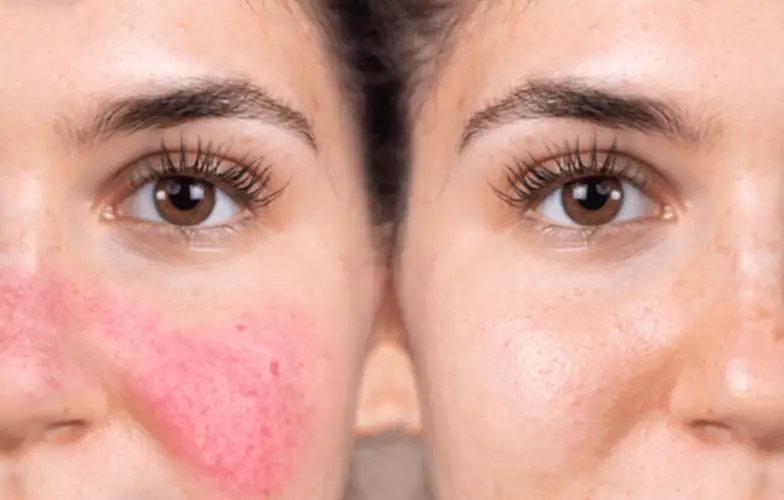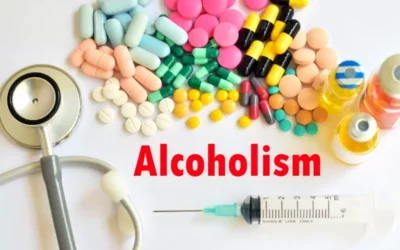Content
The current study explored the relationship between narcissism and alcohol use, alcohol-related problems, problem recognition, evaluation, and problem expectancies in a college population. Grandiose and vulnerable narcissism differentially predicted all five of the outcomes. An overall mean score of narcissism was calculated for the two subscales (i.e., grandiose and vulnerable narcissism). Internal consistency in the current study was alpha of .84 for the grandiose narcissism subscale and .79 for the vulnerable narcissism subscale. In a nutshell, grandiose narcissists may feel proud of their excessive alcohol use, and the problems it can cause, if it makes them stand out. Meanwhile, vulnerable narcissists deal with inner shame that can make them more likely to develop alcohol abuse problems later on as a way to cope.
- For AUD, group approaches such as AA and other twelve-step addiction programs are common.
- Take the first step toward addiction treatment by contacting us today.
- AA and other 12-step programs can also provide a valuable added layer of peer support for people quitting or cutting back on their drinking.
Alcohol withdrawal can begin within hours of ending a drinking session. While cirrhosis scars from excessive drinking are irreversible, quitting alcohol and leading a healthier lifestyle can help your liver heal from alcohol-related liver disease. Narcissism may lead to alcoholism in some patients due to their grandiose view of themselves and denial of a negative outcome occurring. Individuals who are dependent on alcohol constantly think about having an alcoholic beverage. They can get irritated or frustrated if they do not have alcohol at their disposal.
Narcissistic personality disorder
Alcohol abuse is the most common form of drug abuse in America, with over 14.5 million people aged 12 or above suffering from a diagnosed disorder. It is characterized as a problematic relationship with alcohol where the individual cannot control their drinking, even when they want to stop. Alcoholics are not always narcissists, and narcissists aren’t always alcoholics. However, alcoholism can cause some people to develop narcissistic traits.
There are screening tests you can fill out at home to help see if you may have Narcissistic Personality Disorder or alcoholism. If the clinician or patient misses the underlying NPD diagnosis, the person will continue to relapse. Narcissists rarely apologize for their mistakes and often blame others. They also blame others for making them act as they do, rather than taking responsibility.
Setting Boundaries with an Alcoholic
A personality disorder is a type of mental illness where the person has a strict and unhealthy pattern of thinking, behaving, and functioning. People treated for addiction are more likely to have a personality disorder. Narcissism is intense self-involvement to the extent that it makes the person overlook the needs of people around them. Although everybody may show narcissistic behavior occasionally, true narcissists often disregard other people and their feelings.

Read more about living with a person who has AUD and managing a relationship with someone who has NPD. If your alcohol use is severe, you’ll likely need to go to an inpatient facility so that you can safely withdraw from alcohol. Alcohol withdrawal can be dangerous, so it’s important to seek medical help. https://ecosoberhouse.com/article/alcohol-abuse-and-narcissism-how-are-they-linked/ Genetics also seem to play a role in the development of both conditions. Further research into the causes of AUD might help experts develop more treatment options. People who are genetically predisposed to experience unpleasant side effects of drinking are less likely to drink often, making AUD unlikely.
Treatment
They may blame the fact that they drink on their family or friends. While it is partially true that an individual can begin drinking due to a stressful environment or to let loose in hopes of feeling better, this can damage relationships. At the core of most narcissistic personality traits and traits of alcoholism is a deep insecurity and low self-esteem that drives their self-destructive behaviors. Convinced of their low self-worth, they act out instead of create healthy relationships with themselves and with others. Both alcohol abuse and narcissism are disorders that require a personalized treatment plan that identifies the source of the problem as well as the necessary level of care.

People with an alcoholic personality show a disregard for others. They fail to keep promises, fulfill obligations, or pay attention to what other people need. At the expense of other people, they focus on themselves and on getting the next drink. If you feel like you or https://ecosoberhouse.com/ someone you care about might be showing signs of being an alcoholic narcissist, there is hope, and there is no reason to be ashamed. Alcoholism is a very serious condition, and without treatment, it can lead to homelessness, failed relationships, and even early death.
Science-Backed Health Stories on Covid, Sleep, and More
The disorder usually involves incorrect perceptions about their life and how people think of them. People with narcissism believe their version of reality is accurate and can be unconcerned with the damage that their arrogant and manipulative behavior does to other people. You can find support by speaking with your healthcare provider about what you’re noticing or what others have told you. For example, maybe you’re considering seeing a healthcare provider because your spouse says you’re a narcissist who drinks too much and they won’t stop asking you to get help.
- They often believe they are perfect and don’t apologize, instead finding ways to pin fault on others.
- If someone you know exhibits destructive, selfish behavior—and can’t be held accountable for it due to their drinking—it can be hard to decipher if you’re dealing with an alcoholic or a narcissist.
- According to a 2019 study in Behavioral Medicine, 40.6% of NPD have substance abuse problems.
- This means that vulnerable narcissists tended to recognize the existence of alcohol problems.
- Instead, they take on personality traits that may not be their own to make themselves look more powerful or interesting.
In some cases, they take money set aside for household expenses or their children’s education. Along with emotionally or physically neglecting their loved ones, they sometimes commit physical abuse. Narcissists, as well as narcissistic alcoholics, use intimidation and ridicule to make others second-guess themselves. By not showing any discomfort or giving in to their intimidation tactics, you remove their power. The more information the individual has, the easier it is for them to manipulate you. The Blackberry Center is a 64-bed behavioral hospital in St. Cloud, Florida.
Getting Effective Treatment
If someone you love needs treatment for alcohol use disorder, there are also new, online options that can make the process easier. In addition to expert medical support, Ria Health’s program includes virtual coaching sessions to help people unlearn self-destructive patterns connected to alcohol. The narcissist-like behavior of some alcoholics may only be a result of their addiction—it may not be how they really are when sober. And while there are some links between alcoholism and narcissism overall, the connection isn’t as straightforward as some might think. If someone you know exhibits destructive, selfish behavior—and can’t be held accountable for it due to their drinking—it can be hard to decipher if you’re dealing with an alcoholic or a narcissist.
